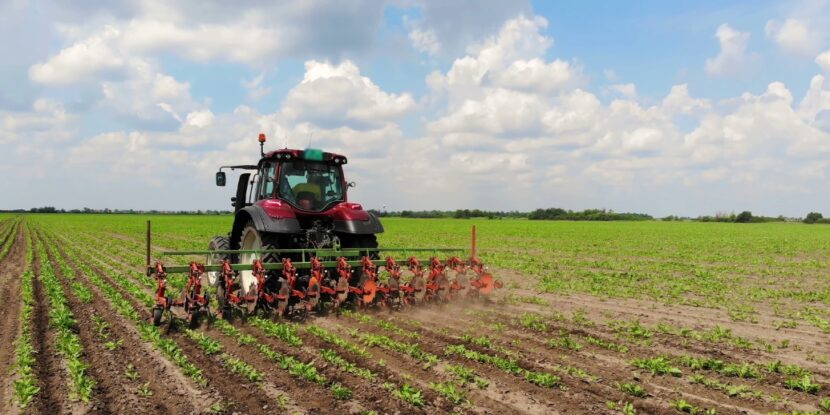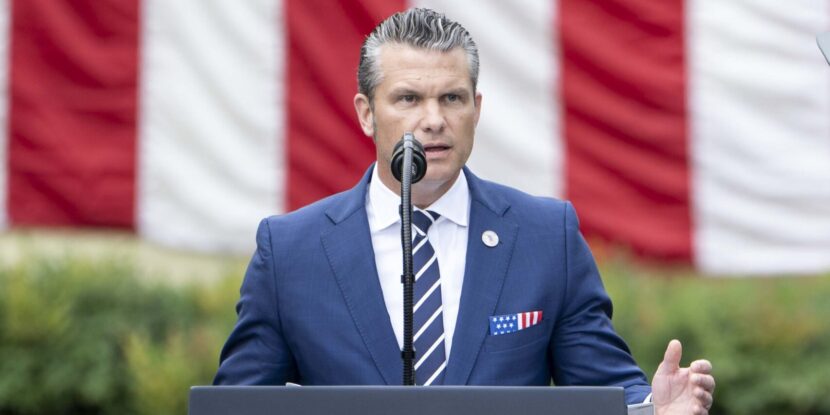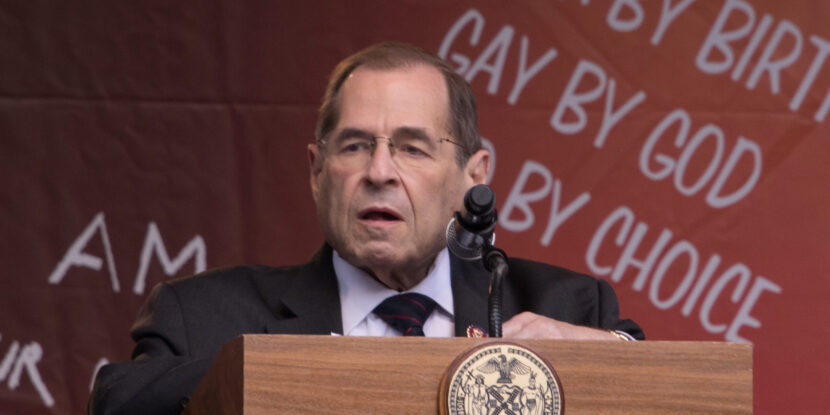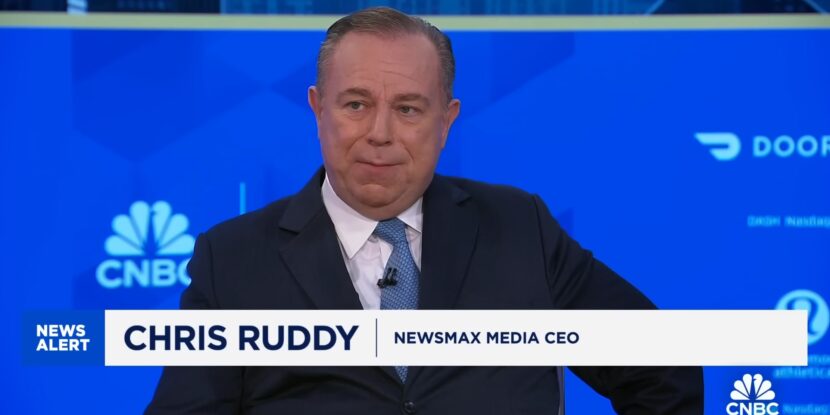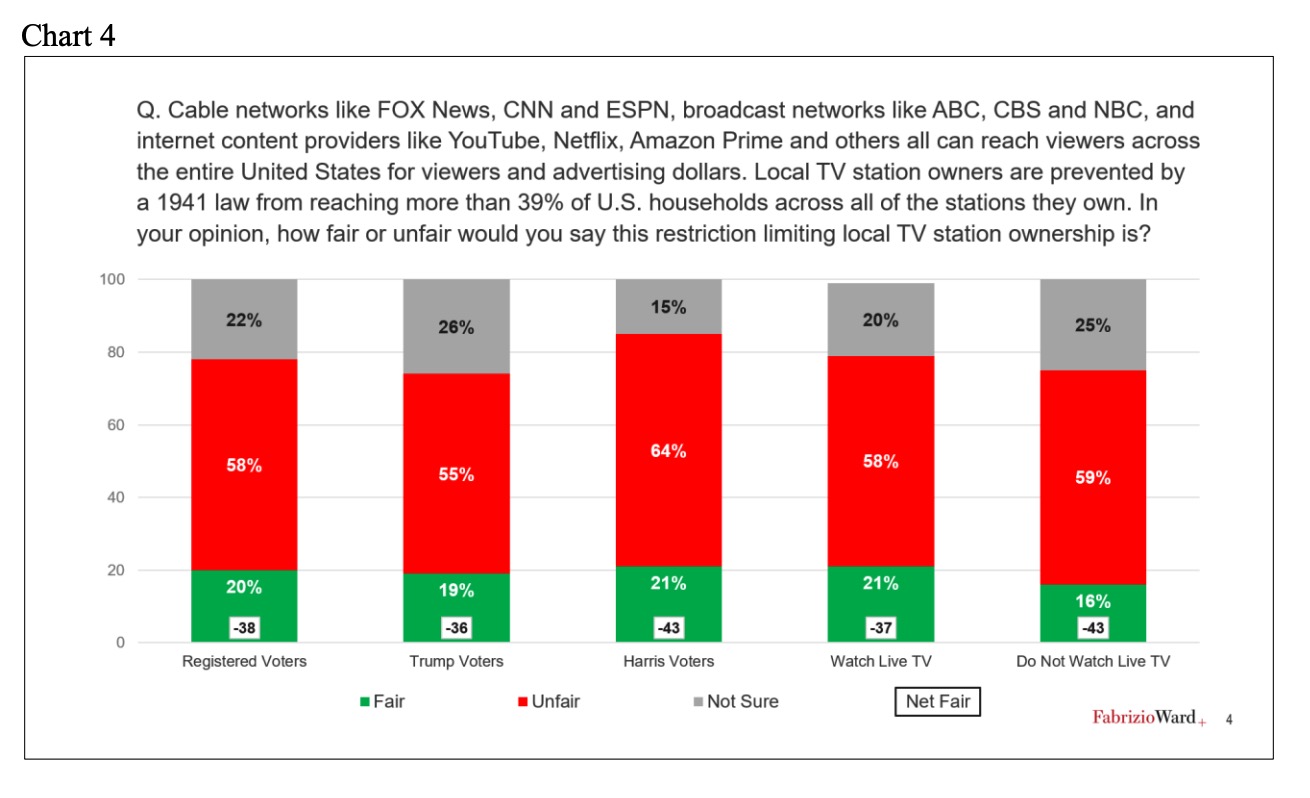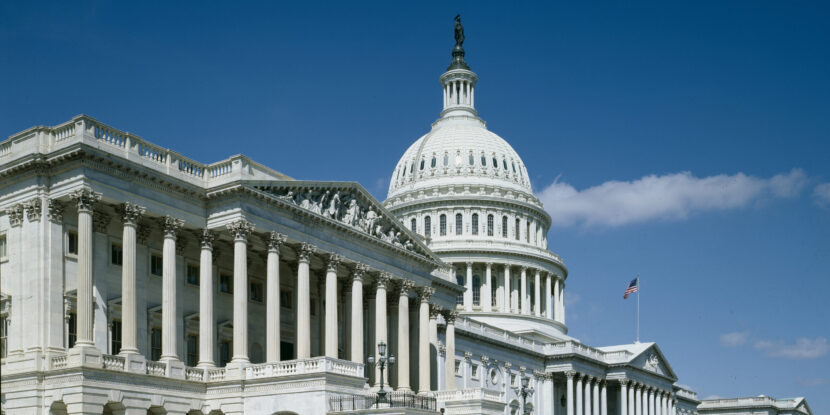British farmers are warning that the UK government’s Sustainable Farming Incentive (SFI) could spark food shortages. The SFI program rewards practices supporting environmental sustainability but may incentivize farmers to use less land to grow food crops.
Due to the SFI, Northamptonshire farmer Stephen Holt shifted from oil seeds and bean crops to legume cover, which benefits soil health and insect pollinators but is not part of the food harvest. With increases in input prices and falling arable prices, Holt warns that the SFI subsidies may lead to a notable contraction in domestic farming output. “The huge danger… is there will be a severe contraction in domestic agricultural output,” he said.
Another farmer, James Williams, is taking roughly 30 percent of his land out of agricultural use, underlining the danger SFI poses if his practice were adopted nationally. If other farmers follow his lead, the implications for the UK food supply are “only too obvious,” he said.
Conservative MP Sir Jacob Rees-Mogg echoed the farmers’ concerns. “The green ideology seeks to make us not only cold and poor, but also hungry. It makes no economic or social sense and needs to stop,” Rees-Mogg told the Daily Express.
A government spokeswoman for the Department for Environment, Food and Rural Affairs (Defra) defended the policy. “Our schemes pay farmers to take actions that improve the environment, but they have profitability and food production at their core. We are committed to continuing to produce at least 60 percent of the food we consume in the UK,” she said.
However, the experience of farmers like Holt and Williams suggests that the government’s policies pose a significant risk to UK food production, which is already under strain. Earlier this month, farmers warned bad weather and poor harvests could spark a potato shortage.
